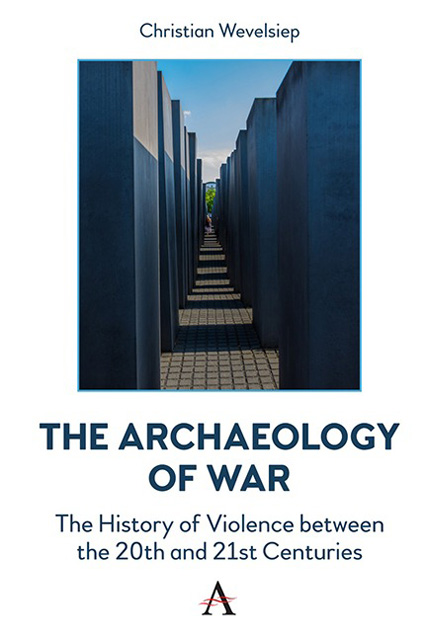Chapter Nine - What Does ‘Learning from History’ Mean? On the Implicit Pedagogy of History
Published online by Cambridge University Press: 17 October 2023
Summary
Introduction
Of the many statements that can be made about modernity, Charles Taylor’s idea stands out: that we live in a normative, value-bound space (Taylor, 1994). Life is, in the simplest terms, not mere physical behaviour, but qualified, location- and culture-mediated life. This very general statement is remarkable because it expresses a sense that in times of war and in the face of violence we have to face the value-bound dimensions. The history and present of war force us to come to an understanding with others about what still sounds very vague and indeterminate here as norm or value.
War has always been a reality in the midst of our everyday lives; some wars, however, receive special attention for obvious reasons, some forms of violence are disturbing and make us think. War is always not only the business of politicians and strategists, but also the subject and occasion for intense discourse. One step further, war is also an object of learning, of course as a ‘subject’, as educational content to be taught. But in an overarching sense, war as a historical phenomenon is even an occasion for implicit pedagogy. This is true even for contemporary wars, whose effects and scope no one can estimate.
Based on the idea that there is an implicit pedagogy of history and that this pedagogy is particularly directed towards the course of wars, the following reflections should be understood as follows. The central motif goes back to a philosophical figure of thought: How is human life, and more precisely its value, to be judged? The question aims at the way we perceive normative and empirical phenomena and how they find their way into our moral grammar. It is by no means trivial and self-evident.
This basic idea can be unfolded in simple sentences with lifeworld seriousness. People suffer from war. The sentence is seemingly trivial; it claims no originality. It could refer to the past, to a situation of the Thirty Years’ War perhaps, or to a war of the present. Its ethical quality can be seen in a linguistic-theoretical perspective. At first glance, we seem to be able to extract a moral statement from the facts.
- Type
- Chapter
- Information
- The Archaeology of WarThe History of Violence between the 20th and 21st Centuries, pp. 127 - 140Publisher: Anthem PressPrint publication year: 2023

